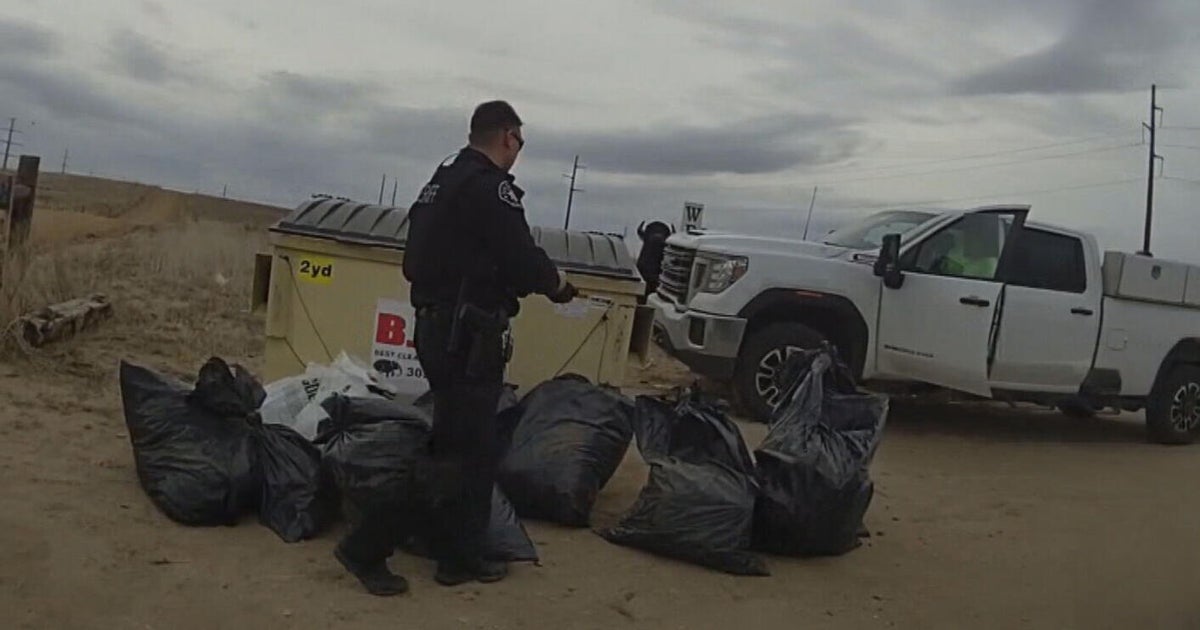How Legal Marijuana Can Affect Your Small Business
Marijuana laws are changing state by state and blurring the lines in the workplace. Small business owners can add legal medical marijuana use, and in some cases, recreational marijuana use to a long list of items to navigate in order to stay current with legislation. It's important to take the time to look at business place policies to ensure compliance, as well as to preserve the workplace culture you've established.
Is marijuana no longer illegal?
This is confusing at best. Small business owners are correct to question if marijuana is no longer illegal for purposes of clarity and re-examining their HR policies. Considering that the federal Drug Enforcement Agency still prohibits marijuana under the Controlled Substances Act, passage of state provisions does raise issues for employers regarding enforcement of their own drug-free and smoke-free workplace policies.
Where are marijuana laws being relaxed?
A state-by-state rundown indicates a shift in public opinion. Currently, in 29 states and the District of Columbia, medical marijuana use in some form is legal. The eight states that have legalized recreational marijuana use are Alaska, California, Colorado, Massachusetts, Maine, Oregon, Nevada, and Washington. Ones to watch for in 2018 include Arizona, Connecticut, Delaware, Illinois, Maryland, Michigan, Missouri, New Jersey, New York, Rhode Island, Vermont, and West Virginia.
Can employers still conduct drug testing?
Employers can most likely conduct drug testing, but it is not the same everywhere for the moment. Legal experts say the waters are murky at best, at least for another couple of years. The key takeaway here is to refer small business owners to local legislation in the relevant state. For example, in California when Proposition 64 decriminalized marijuana use, it left employers free to enforce a drug-free workplace.
How is medical use determined?
The states that have approved medical use of marijuana have vastly varying definitions of qualifying illnesses, chronic conditions, paperwork policies from physicians, registration, certification, possession, cultivation, and dispensary regulations. Some states restrict medical marijuana use to terminally ill patients only.
What about under 21-year-old workers?
Again, this is a call for the states. However, current and pending legislation points to a distinct pattern of excluding minors from consideration under relaxed marijuana laws.
What about use outside of work?
The issue of marijuana use outside of work went all the way to California's Supreme Court in 2008 in what remains a controversial decision in Ross v. Ragingwire Telecommunications, Inc. The case debated whether an employee can be fired for testing positive for off-the-job, doctor-approved, medical marijuana use.
Yet in Massachusetts in 2017, an employee using marijuana to treat Crohn's disease had her case upheld when the state's highest court ruled that companies cannot fire employees who have a prescription for medical marijuana simply because they use the drug. "The use and possession of medically prescribed marijuana by a qualifying patient is as lawful as the use and possession of any other prescribed medication," Supreme Judicial Court Chief Justice Ralph D. Gants wrote in the decision in Barbuto v. Advantage Sales & Marketing LLC.
State supreme courts have conflicting interpretations
The rulings of state supreme courts highlight the tricky area where state marijuana laws, including cases where the employee had revealed the circumstances of prescribed medical use, conflict with federal law. Making things trickier, the Massachusetts suit was brought against a California-based sales and marketing firm.
It's a good time to brush off workplace policies and take a closer look. Legal marijuana in an increasing number of states is affecting the workplace for small business owners as well as large industries navigating the gaps between relaxed state cannabis rulings, federal laws, and employee laws and rights.
This article was written by Laurie Jo Miller Farr for CBS Small Business Pulse







